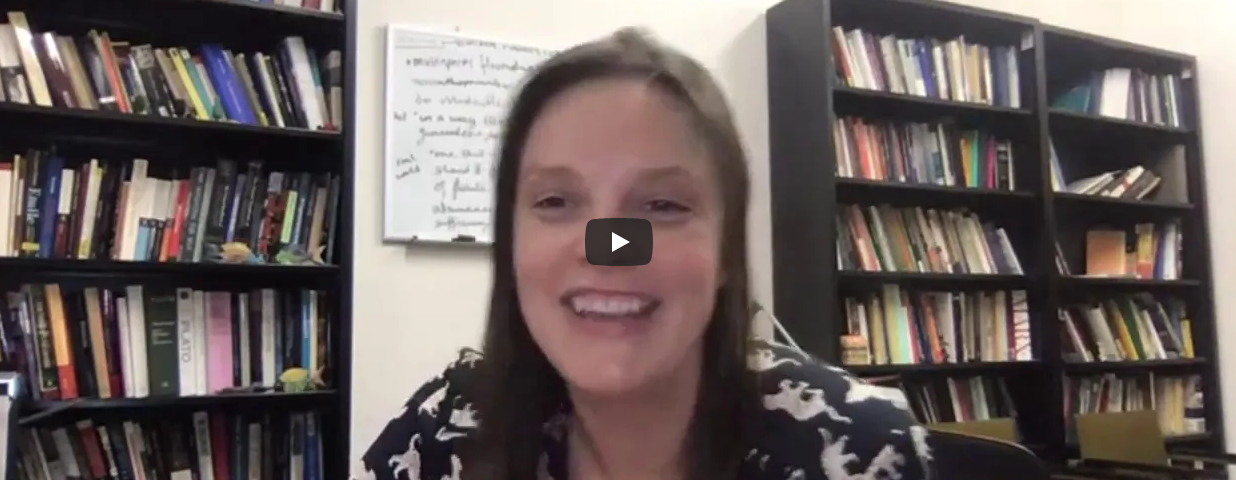The September talk of our 2020 Common CAHSS: Beyond Sustainability Speaker Series (recorded on September 24th, 2020). Common CAHSS is a yearly set of programing tied to a particular theme and brought to you by the College of Arts, Humanities, and Social Sciences (CAHSS, pronounced “cause”) at the University of Wisconsin-Green Bay. Learn more at www.uwgb.edu/cahss or cahsseffect.org
Dr. Alison Staudinger (Democracy and Justice Studies at the University of Wisconsin-Green Bay) explore the difficulty of ethical action in the face of (multiple)crises, drawing on the work of Alexis Shotwell whose book Against Purity: Living Ethically in Compromised Times, argues that alongside the temptation to give up on ethics altogether is a desire to remove ourselves utterly from messy, complex systems through completely pure action. She suggests that both approaches are unsustainable, and that instead, “if we want a world with less suffering and more flourishing, it would be useful to perceive complexity and complicity as the constitutive situation of our lives, rather than as things we should avoid.” Drawing on her work, I want to think together about what “good choices” might be possible in conditions of complexity and complicity, and offer some reasons why trying to make them might be worth it, and necessary for life “beyond sustainability.” (Even though we’re likely to make mistakes).
Introduction by Dr. David Voelker (Humanities, History at the University of Wisconsin-Green Bay).
References from the Talk
- Beauvoir, Simone De. The Ethics of Ambiguity. 2018
- My Octopus Teacher. Directed by Pippa Elrich and James Reed. (2020; Netflix)
- Ghosh, Amitav. The Great Derangement: Climate Change and the Unthinkable. Penguin UK, 2018.
- Haraway, Donna. Simians, Cyborgs, and Women: The Reinvention of Nature. Routledge, 2013.
- Shotwell, Alexis. “Against Purity: Living Ethically in Compromised Times, University of Minnesota Press, 2016.
- Schuppli, Susan. “ Dirty Pictures” In: Mirna Belina, ed. Living Earth: Field Notes from the Dark Ecology Project 2014-2016. Amsterdam: Sonic Acts Press, pp. 190-208
- Morton, Timothy. Hyperobjects: Philosophy and Ecology after the End of the World. University of Minnesota Press, 2013.
- Srinivasan, Amia. “The Sucker, the Sucker!.” London Review of Books 39, no. 17 (2017): 23-25.
